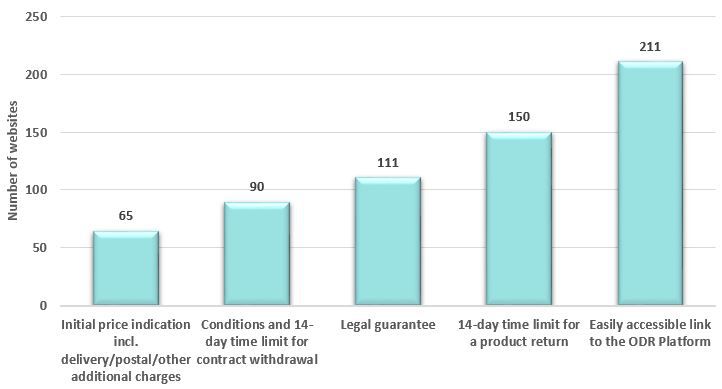Brussels published the results of a survey of almost 500 electronic stores selling products such as clothing, shoes, furniture, appliances and other goods. The stores spread over 27 countries have been investigated by the consumer protection authorities in coordination with the European Commission. The result of the study shows that two thirds of the websites surveyed are not in compliance with the European Union's basic consumer rights.
Justice Commissioner Didier Reynders revealed that it is unacceptable that European citizens are not properly informed about their rights to online delivery in 2 out of 3 digital stores. European law gives consumers the right to return goods 14 days after purchase, which gives greater confidence to the online shopping space. And this information is not correctly presented to them.
Discriminating about irregularities committed by online stores, the study says that more than a quarter do not inform consumers how to cancel a contract. The law says that this information must be presented clearly, specifying the right to return the goods 14 days after receiving them, without the need for justification. And on the subject, almost half of the websites did not have clear information about the time limit for the return from the moment the store was notified of the intention to return.

On a fifth of the websites, the price initially shown was incomplete, lacking the cost of transportation or the possibility for the customer to pay additional fees for delivery. About a third of the websites do not inform customers about the minimum two-year warranty for the repair of the items, their eventual replacement or refund of the value in case of defect in the delivery.
The study also indicates that 45% of websites did not provide the link to the online dispute resolution platform. Finally, a fifth of online merchants do not respect the geo-blocking regulation, which gives consumers the possibility to buy goods from online stores even if they do not deliver to their country of residence, considering that customers fill in an address for a country contemplated by delivery.
As a result of the survey, the ball has now been passed on to national authorities to thoroughly investigate the websites identified with the irregularities, so that online sales companies can correct them.
